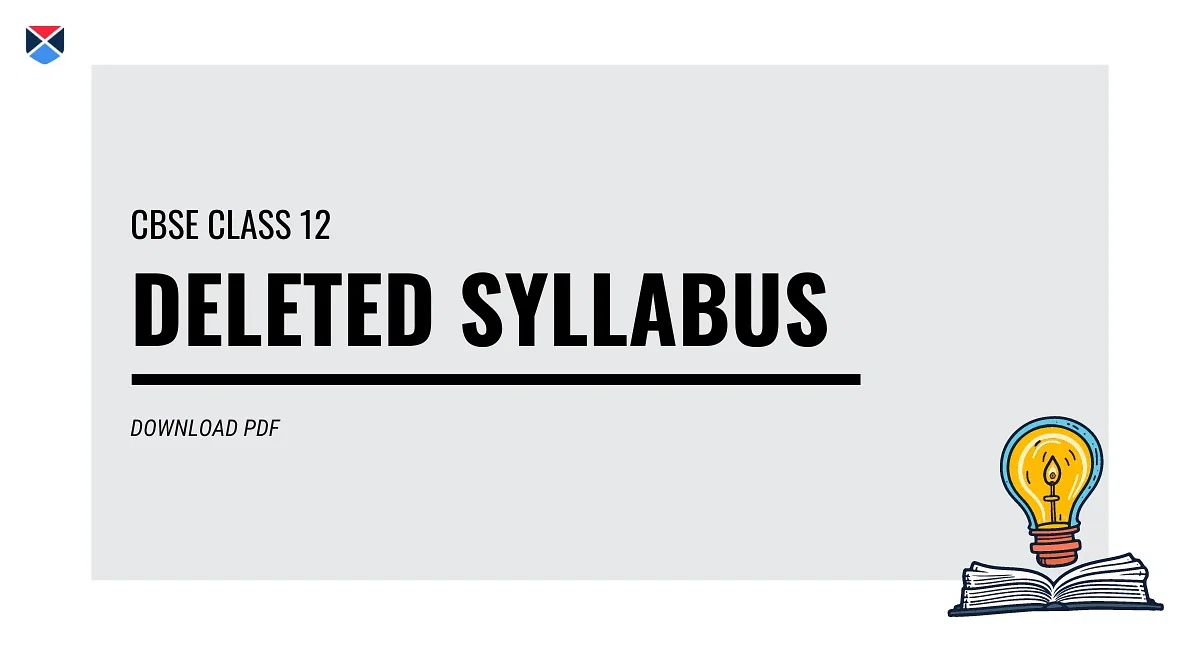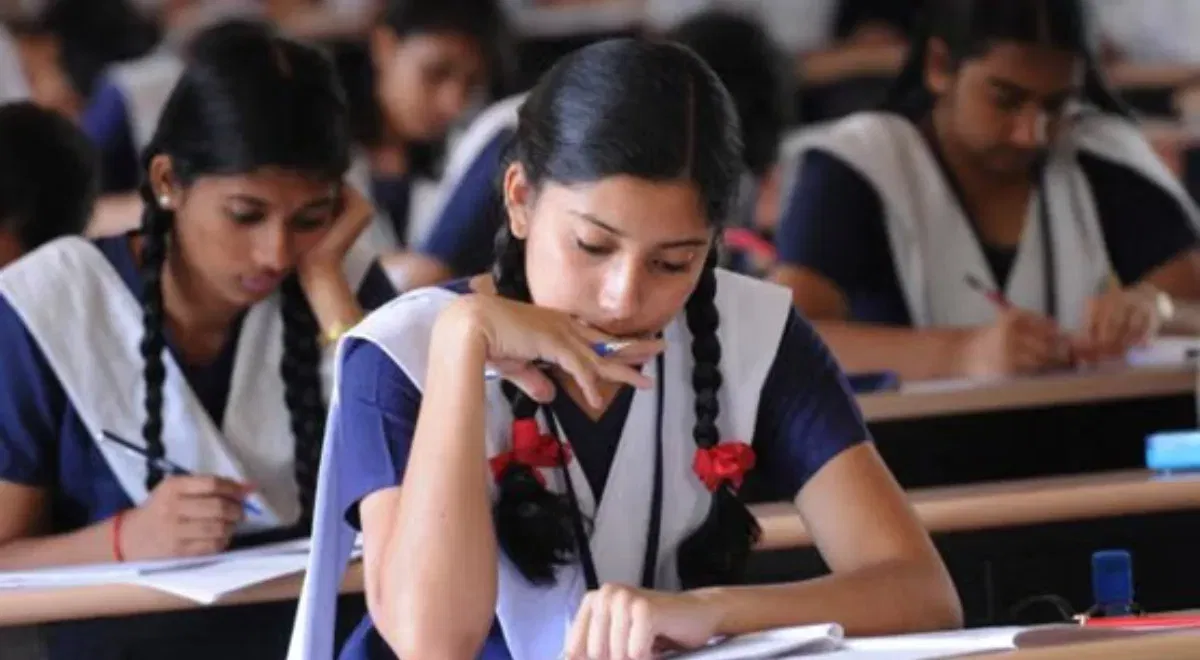Release the exam pressure by following these guidelines for writing CBSE board exams. Find tips and tricks to write answers that help you score more.
Table of Contents
Guidelines for writing CBSE board exams assist students in appearing for the exam strategically and performing better. No matter how well-prepared a student is, it is a natural tendency to experience pressure. However, understanding the method and strategies to attempt the CBSE question paper correctly can help students overcome stress.
Guidelines for Writing CBSE Board Exams
The pressure of exams can be overwhelming. Students often undergo anxiety and stress while sitting in the exam hall. This leads to forgetting what they’ve learned during preparation. Failure to do this can lead to dissatisfying results. Therefore students must keep in mind the following guidelines for writing CBSE board exams.
Judicious Use of Additional 15 Minutes
Most schools have introduced the concept of 15 minutes for board examinations. This 15-minute is meant for students to read the question paper entirely before attempting it. Students can make use of these 15 minutes in the following ways:
- Make sure to read the question paper at least thrice to get completely familiar with it.
- Reading the question paper more often helps recall the answers better
- Calm your mind during this time, build focus, and compose yourself.
- Prepare yourself to start attempting the paper.
Prioritise your Questions
Once you have familiarised yourself with the question paper, follow the method given below:
- Check for questions that you are confident in answering.
- Start attempting questions you are confident about, as there is no particular order to be followed.
- This technique will help you in answering the paper on time.
- Work on questions that require more time in the end.
Stay on Track
Students often think that long and elaborate answers will fetch them higher marks. However, this is not true. Writing long answers will make them seem irrelevant and improper.
- Stick to the point
- Answer directly to the question
- Keep your answers short and crispy
- State examples if necessary
- Use bullet points wherever needed
For example: If the question asks you to describe “Climate Change,” give the correct definition of climate change with relatable examples. Do not elaborate on the causes and effects of climate change.
Make the Right Choice
In the question paper, students are given specific choice questions. As per the guidelines for writing CBSE board exams, it is important to choose questions you are confident about and can answer correctly.
- Select the question you want to attempt first during the 15-minute reading time.
- This will help in avoiding confusion later.
- These choice questions usually have sub-questions under them.
- Ensure you are familiar with all the questions and answer them.
Attempt All Questions
The board examinations do not have any negative markings. No marks are deducted for writing the wrong answers. Hence, it is advised that students attempt all questions in the stipulated time. Since there is nothing to lose if the answer is incorrect, attempting all questions might help score some marks.
Focus on the Matter
This is one of the most important guidelines for writing CBSE board exams that students tend to ignore. Most times, students get carried away in beautifying the answer script. This is time consuming and will not help score extra.
- Keep the paper simple and clutter-free
- Do not decorate the paper with unnecessary borders, lines, designs
- Use a single colored pen ( black/blue ) and pencil for diagrams.
Keep the Paper Tidy
The paper must look simple and neat. Therefore, according to the guidelines for writing CBSE board exams, it is essential for students to keep in mind to:
- Maintain good handwriting
- Space out each word appropriately
- Answer in the lines given, and stay within the borders.
Focus on the Content
It is crucial for candidates appearing for CBSE board exams to compose proper answers to score better. This can be done by:
- Using the right keywords
- Form your sentences correctly
- Check for spelling mistakes
- Check for grammatical errors
- Punctuation must be correct
- Do not use shortcuts or short forms
Importance of Diagrams
Some questions require diagrams. Do not skip drawing diagrams, as they help in scoring good marks. Make sure to draw neat diagrams with proper labeling. Remember to carry your stationery with you. Board exams are not the right time to borrow things from your friends.
Check Before Submission
Before you submit your answer sheet, ensure that you have checked it thrice. Don’t forget to follow these steps before submitting:
- Read all the answering thoroughly
- Check for spelling mistakes
- Check for labeling of the diagrams
- Check for any missed out questions
Exam season can be tough on anyone, but preparing well will help tackle fear and boost confidence. Follow the guidelines for writing CBSE board exams, prepare well, and improve your performance on the exam.























POST YOUR COMMENT